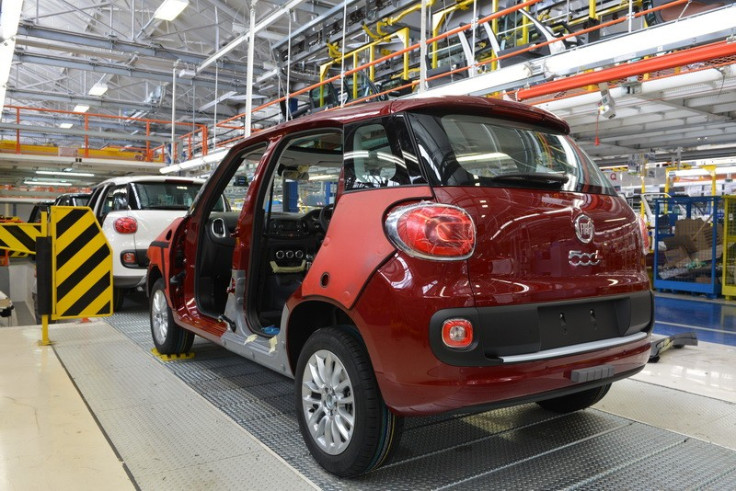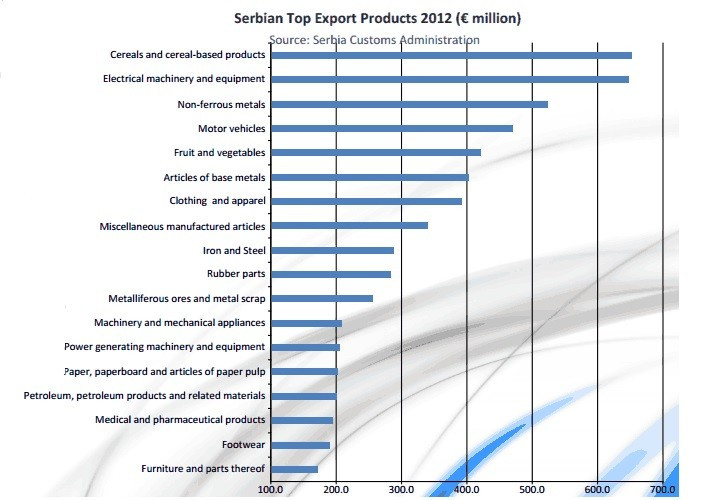Fiat Drives Serbian Economy Into the Fast Lane [VIDEO]

Italian carmaker Fiat has become such a driving force for the Serbian economy that its presence accounts for a 1% slice of the country's GDP.
Fiat Automobili Srbija (Fas) was established in 2008, which is a joint venture between Fiat (67%) and the Republic of Serbia (33%), and now employs over 3,000 people.
Speaking with IBTimes UK in Belgrade, Fiat's Business Development and Corporate Affairs Director said that the group had assessed other neighbouring countries to set up shop but felt that Serbia provided the best incentives, workforce and manufacturing culture.
"When we decided to invest in Serbia, it was a strategic decision and one we did not take lightly," said Diego Velini in an exclusive interview with IBTimes TV.
"Serbia is in a prime location for exports and has an ingrained industrial industry already. On top of that, it has a ready-made workforce and as you can imagine, it is easier to start with already skilled employees rather than starting from scratch."

As a major incentive for Fiat establishing a presence in Serbia, the government provided ownership of the land and property of the Zastava plant in Kragujevac, in addition to an office building in Belgrade.
In exchange, Fiat had to promise to invest €940m in the Serbian automotive industry.
Fiat restored plant facilities stretching across 1,400,000 square metres and invested around €1.3bn into it and now employees thousands of people.
"When you build out a business you have to consider all the elements but a major asset, as I said before, is the workforce," said Velini.
"We have established a strong connection with the local community and university and developed programmes to obtain and retain talent.
"We have invested more than 1.5 million hours of training for our staff. We are here for the long-term and we want to have employees that plan to stay with us for at least ten years."
Through the Fas joint venture, Fiat has produced the Fiat 500L car which is US, Italy, France, Spain, Germany, Hungary, as well as countries of the former Yugoslavia.
As the rest of the world has seen a slowdown in car sales, Fiat has managed to ramp up exports and increase their sales year on year.
"We follow the market demand we got a good response. Exports were up 232% year on year," said Velini.
According to the Serbia Investment and Export Promotion Agency (SIEPA), the automotive industry accounts for the fourth highest export product in the country's economy as of 2012 [Figure 1]. However, with the help of Fiat, Siepa forecasts autos to be the biggest export product of 2013.

For the full interview, check out IBTimes TV or the video on the top right-hand side of this page.
© Copyright IBTimes 2025. All rights reserved.






















